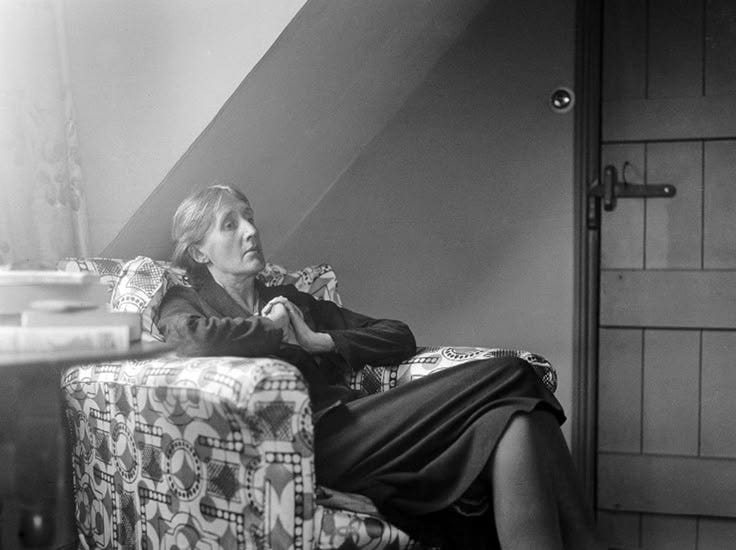for as long as i’ve been in rooms where ideas were exchanged, i’ve felt the tension between truth and likability. it starts as a flicker — the pause before you say something that feels too intense, too niche, too raw. you scan the faces around you, silently calculating: will this land well? is this too much? am i too much? and before the words even leave your mouth, you begin reshaping them — softening the sharp edges, removing the parts that feel too large for the room, condensing your complexity into something more manageable. more pleasing. more… palatable.
palatability is a strange modern currency. it masquerades as approachability, as warmth, as empathy — but underneath it is the relentless pressure to be digestible. to be liked. to be easy to understand. in the digital age, this has only intensified. our ideas, our identities, even our personalities are edited down into captions, carousels, comments. brevity becomes a virtue, nuance a liability. and so we shrink what we feel. we round out what we think. we make ourselves small enough to be scrolled past.
this is not just about social media performance. it’s deeper than that. it’s about the way many of us — especially women, especially those at the margins — learn to anticipate discomfort in others and preemptively erase the parts of ourselves that might cause it. we learn, sometimes unconsciously, to be palatable as a form of protection. from judgment. from isolation. from the quiet, chilling alienation of being perceived as difficult.
the world has never liked complicated people, especially complicated women. history teaches this over and over again — in the demonization of women who speak too freely, think too abstractly, question too publicly. there’s a reason why so many women in literature and culture are only allowed to be complex if they also suffer. the tortured artist, the sad muse, the misunderstood genius. if you’re going to be big, you better pay the price for it. but now the demand has become more insidious. it’s no longer enough to be smart, thoughtful, or original — you also have to be charming. relatable. marketable. you have to pair every opinion with a smile, every insight with humility, every truth with softness. you have to think in a way that makes others feel comfortable. and that comfort often comes at the cost of your own.
i’ve lost count of the number of times i’ve held back a fully formed thought in a conversation because i feared it might come across too intense. or too theoretical. or too niche. i’ve noticed how quickly i slip into the language of disclaimers — “i might be wrong, but...” “this is just my take, obviously...” — even when i know exactly what i mean. even when i know i’m right. and i’ve watched other women — brilliant, thoughtful women — do the same. their voices softening mid-sentence, their hands nervously tucking hair behind ears, their thoughts bending toward gentleness not because the idea requires it, but because we’ve been taught that people do.
the pressure to be palatable is not just about how you speak — it’s about who you’re allowed to be. if you’ve ever been called intimidating for stating a fact, or aggressive for disagreeing, or unapproachable for being reserved, then you’ve felt it. it’s the learned instinct to manage other people’s perceptions before they can form them. to get ahead of the discomfort by becoming less yourself. and this doesn’t just affect how we speak — it distorts how we think. because when you’re constantly editing your thoughts for consumption, you begin to lose sight of what they were in the first place. you stop asking hard questions. you stop chasing inconvenient truths. you settle for the language that gets applause, not the one that gets to the heart of the matter. and slowly, your interior world becomes less wild. less strange. less free.
palatability is not a neutral request. it favors certain aesthetics, certain identities, certain ways of thinking. it privileges polish over depth, tone over substance. and it often punishes those who don’t — or can’t — perform it. working-class anger gets read as hostility. neurodivergent bluntness gets dismissed as rudeness. black women’s confidence gets called arrogance. and women of color across the board are told to smile more, explain more, be less confrontational, less intense, less sure.
we live in a time that pretends to reward authenticity, but in practice still rewards performance. you can be real — but only if your realness has a flattering filter. you can be honest — but only if your honesty doesn’t disrupt the dominant narrative. and you can take up space — but only if you make that space comfortable for others.
even the concept of “constructive criticism” has become warped. instead of engaging with the substance of what someone says, we scrutinize how they said it. was their tone soft enough? did they smile when they made that point? were they inclusive in a way that felt soothing? and if not — if their delivery was too sharp, too intellectual, too self-possessed — we tune them out. or worse, label them unkind. ungrateful. too much. but what if the truth isn’t always comfortable? what if some ideas need to be delivered with edge, with clarity, with force? what if thinking itself is sometimes inherently disruptive? must we water it down for the sake of palatability? and more importantly — who does that watering down serve?
when i was younger, i thought the goal was to be liked. now i understand that being liked is often a byproduct of conformity. of “non-threateningness”. and while i still enjoy connection, i no longer think it's worth the cost of my clarity. i would rather be misunderstood for speaking in full than praised for shrinking into simplicity.
it’s not easy to push back against this instinct. especially for those of us who were rewarded, again and again, for being agreeable. for being likable. for being good. it’s seductive to be liked. it feels like safety. but safety isn’t always freedom. and if you’re constantly negotiating your expression for acceptance, that’s not safety — it’s self-surveillance.
when you start to name this pressure for what it is, you begin to unlearn it. you start to recognize the moments when you’re shrinking — not out of respect, but out of fear. you begin to notice how often you perform niceness instead of practicing honesty. and you ask yourself whether the version of you that everyone likes is actually you — or just the one you’ve curated for their comfort.
there’s a line in virginia woolf’s a room of one’s own where she writes that “a woman must have money and a room of her own if she is to write fiction.” but maybe a woman must also have a space — emotional, intellectual, relational — where she does not have to be palatable. where her thoughts do not need a softening agent. where she can be as complex, contradictory, and inconvenient as she truly is. and this doesn’t mean abandoning kindness or empathy. it means decoupling kindness from passivity. it means redefining strength as something that includes — rather than excludes — vulnerability. it means learning that being thoughtful does not always mean being soft. and that being honest does not always require a smile.
the pressure to be palatable will not disappear overnight. it is embedded in our cultures, our institutions, our relationships. but we can begin to resist it in small ways. by speaking with more certainty. by writing what we actually think. by telling the truth, even when it’s awkward. by choosing discomfort over dilution and that’s the beginning of a different kind of liberation — one not built on charm, but on clarity. not on being liked, but on being known.








As an 82 year old woman I have abandoned being liked. I don’t get any glances from men like I used to. Only other gray haired women smile at me because we are in a secret club: the invisible club. So we take our revenge by being outrageously direct and truthful. But even with this we are told, “Oh, she is just an old lady.”
Being liked was always currency to get to stay in the tribe, popularity being the greatest thing as touted by many movies and magazines. If we stand back and take a look, all marketing is about being liked. Men don't do this and are praised for it. Now being grey haired and in midlife I see how I am dismissed by men of many ages and younger women. It's a tragedy and one we must amend. A friend of mine recently told me "I'm nice" (she) and "Everybody tells her so." I told her that acting in a way that makes people like you is just manipulation.
She hasn't spoken to me since 🤔😂. But as Sharon Horgan might say "I don't need to be liked by everybody, I'm not a small dog." 🐶😛